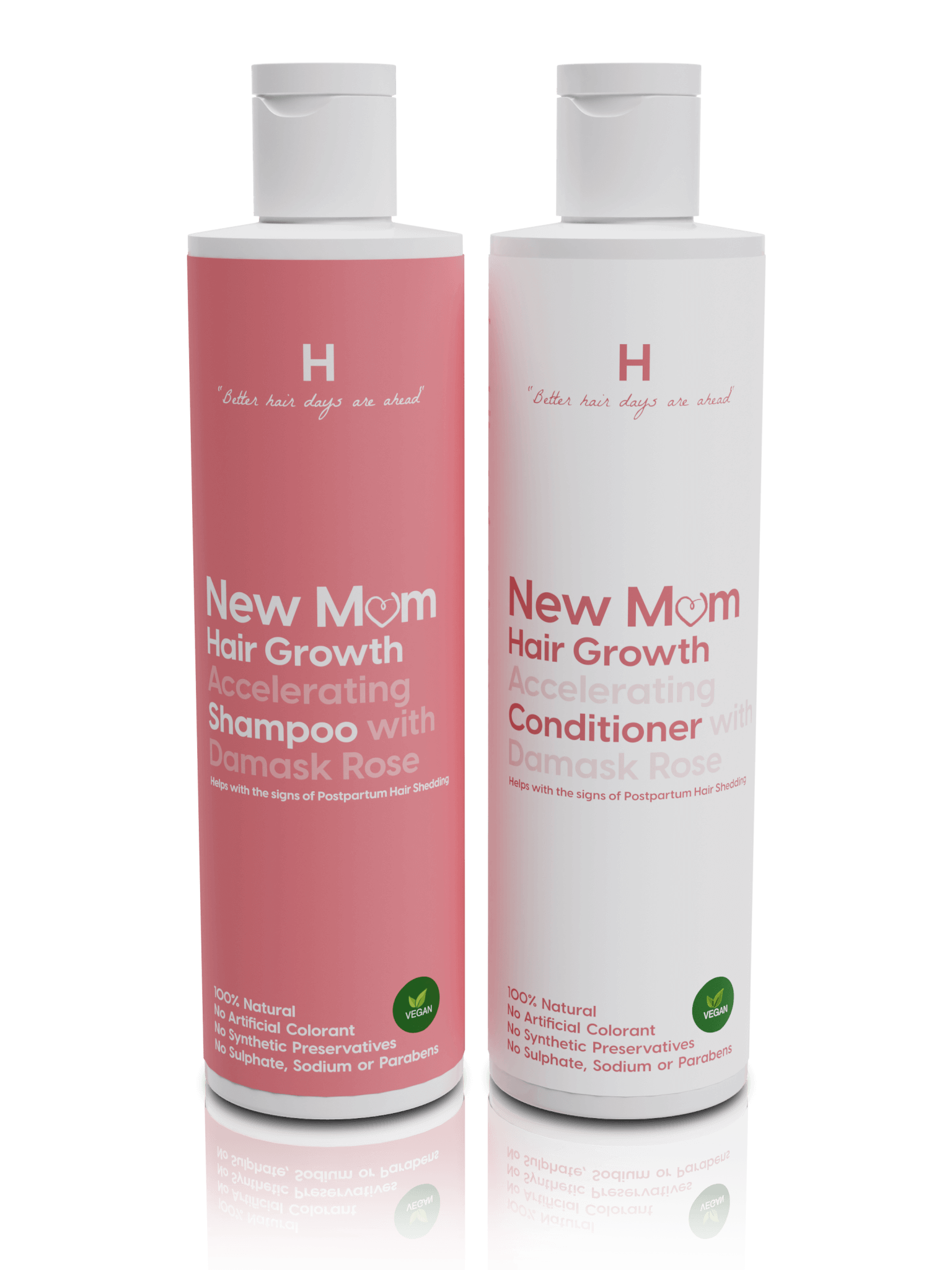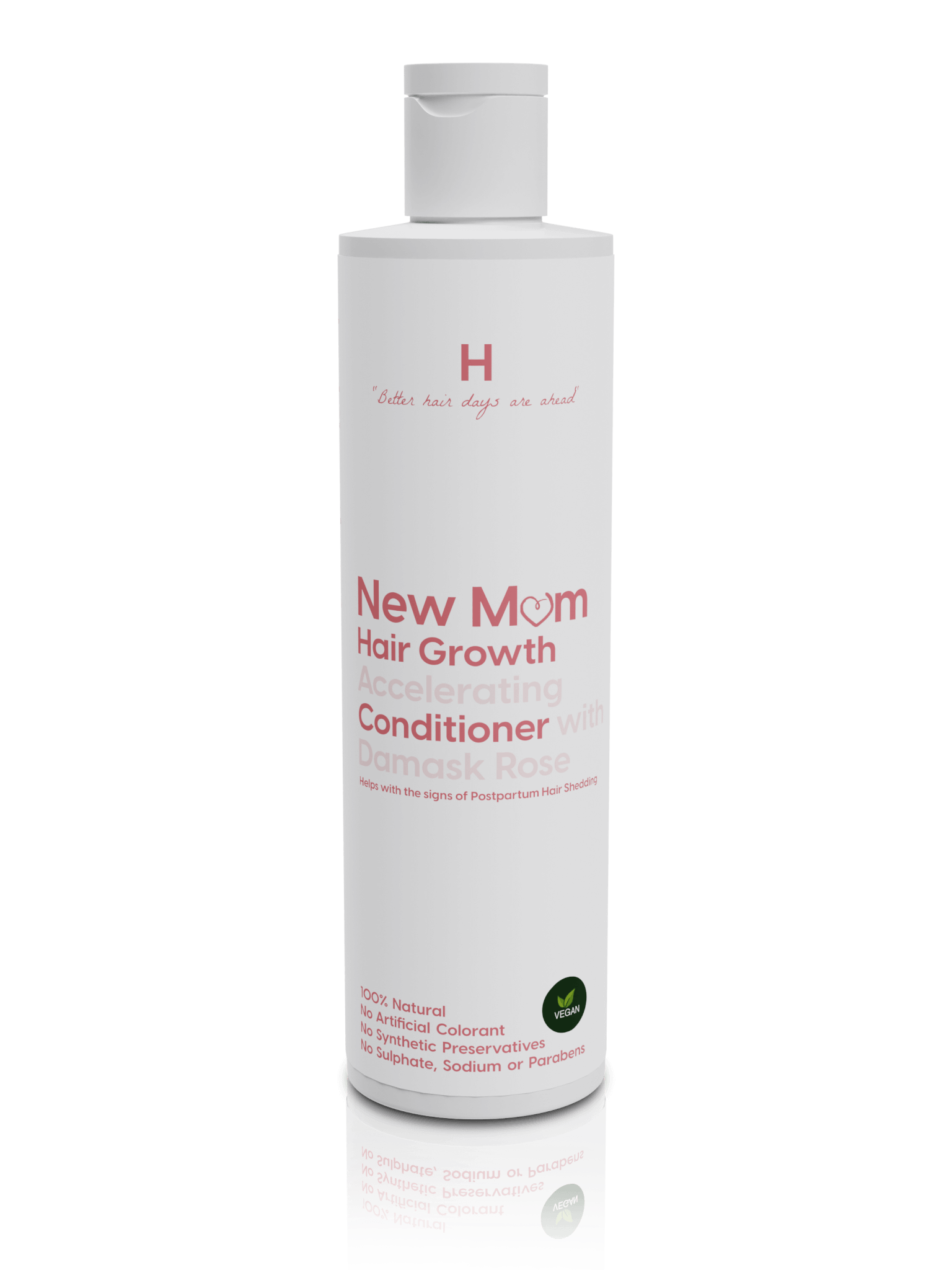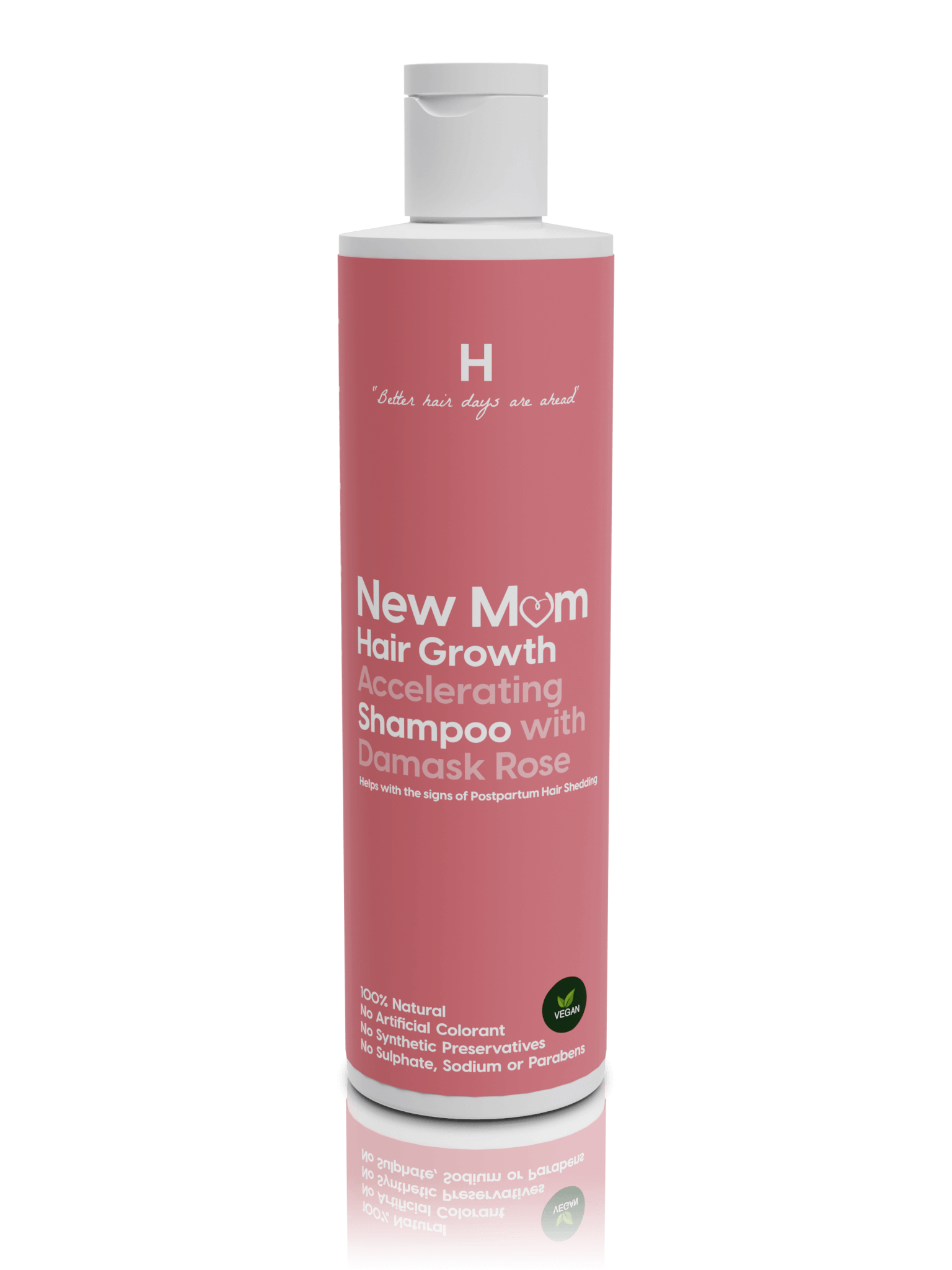Welcoming a new life into the world is a momentous occasion for any parent. However, amidst the joy and wonder of childbirth, many women experience a lesser-known side effect: postpartum hair loss. This natural occurrence can be alarming and distressing for new mothers, but understanding why it happens and the mechanisms behind it can help ease concerns and promote self-acceptance during this transitional period.
The Miracle of Pregnancy and Hair Growth:
During pregnancy, many women experience a boost in hair growth, often leading to luscious, voluminous locks. This phenomenon occurs due to hormonal changes, primarily an increase in estrogen levels. The elevated estrogen prolongs the hair growth phase (anagen phase), resulting in reduced hair shedding and thicker, fuller hair.
Understanding Postpartum Hair Loss:
Postpartum hair loss, also known as telogen effluvium, is a temporary form of hair shedding that occurs after childbirth. Around two to four months after giving birth, many women notice an increased amount of hair falling out during regular activities like washing or brushing their hair. This shedding can be attributed to the body’s natural rebalancing process as hormone levels return to their pre-pregnancy state.
The Hormonal Rollercoaster:
During pregnancy, high levels of estrogen prolong the growth phase of the hair follicles, resulting in reduced shedding. However, after childbirth, estrogen levels drop significantly, triggering a transition from the growth phase to the resting phase (telogen phase). The hair follicles that were previously in the growth phase enter the resting phase, leading to increased shedding.
Patience and Time: The Road to Recovery:
It is important to note that postpartum hair loss is a temporary condition, and most women’s hair returns to its pre-pregnancy state within six to twelve months after childbirth. Patience is key during this phase, as it takes time for the hair cycle to normalize and for new hair to grow in place of the shed strands.
Seeking Support and Encouragement:
Experiencing postpartum hair loss can be emotionally challenging for new mothers, as they may associate their hair with beauty and femininity. It is crucial to provide support, understanding, and reassurance to women going through this natural process. Engaging in open conversations, sharing experiences, and seeking support from fellow mothers or healthcare professionals can help alleviate anxiety and promote self-acceptance.
Conclusion:
Postpartum hair loss, though a temporary condition, can be a cause of concern and distress for new mothers. Understanding the natural mechanisms behind this phenomenon, including hormonal fluctuations and the hair growth cycle, can help alleviate worries and provide reassurance during this transitional period. By embracing patience, seeking support, and focusing on self-care, women can navigate this temporary phase with confidence, knowing that their hair will eventually regain its natural vitality. Remember, the true beauty lies in the journey of motherhood and the love shared with the precious new life that has been brought into the world.
New Mom
Our New Mom Hair Growth Accelerating Shampoo and Conditioner, for Postpartum Hair issues
Related Articles
September 12, 2023
Scalp Care Essentials during Menopause: Nurturing Your Hair’s Foundation
Menopause is a transformative phase in a woman's life, marked by hormonal…
September 12, 2023
Adapting to Hair Texture Changes During Menopause: Tips and Strategies
Menopause is a natural phase of a woman's life, signaling the end of the…
September 12, 2023
Nutritional Support for Menopausal Hair: A Comprehensive Guide
Menopause is a transformative phase in a woman's life, marked by significant…







